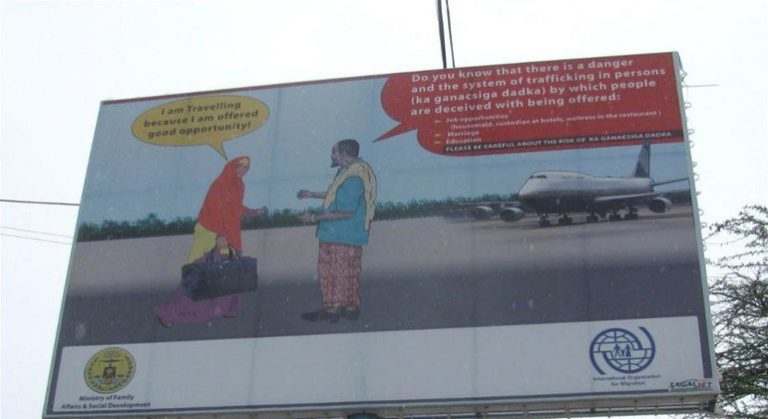Not enough done to reintegrate victims of human trafficking, UN-backed report warns
“Any support offered to victims of trafficking needs to be given in a way that restores a sense of control for the victims over their own lives,” the regional project manager for the UN Inter-agency Project on Human Trafficking (UNIAP), said of the study, commissioned by the Governments of the Coordinated Mekong Ministerial Initiative against…

